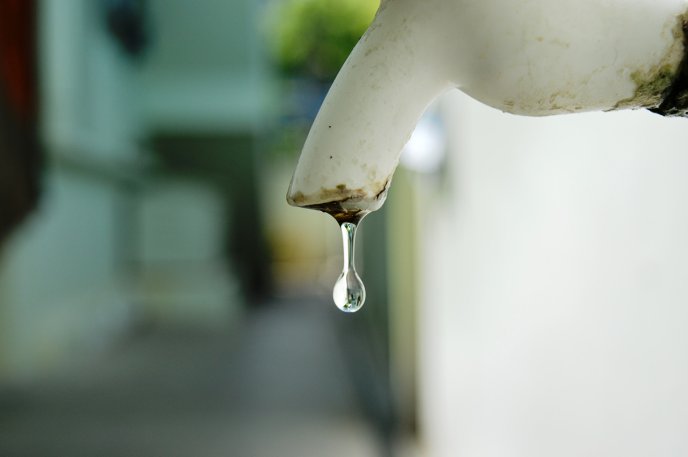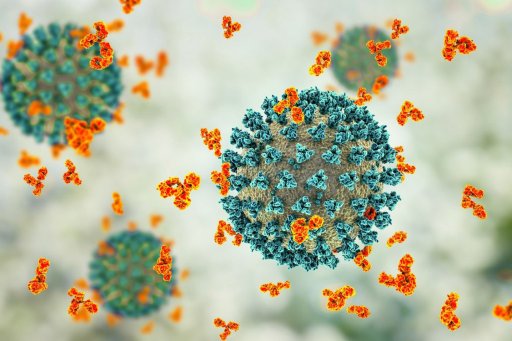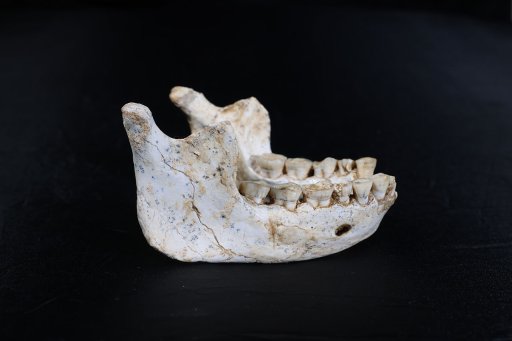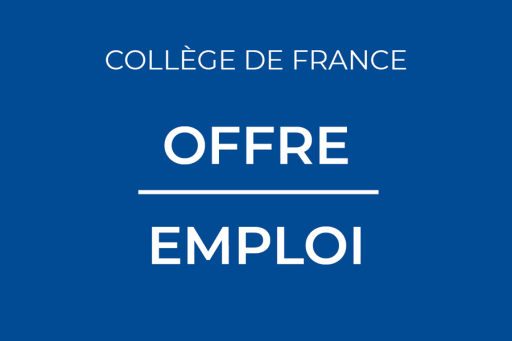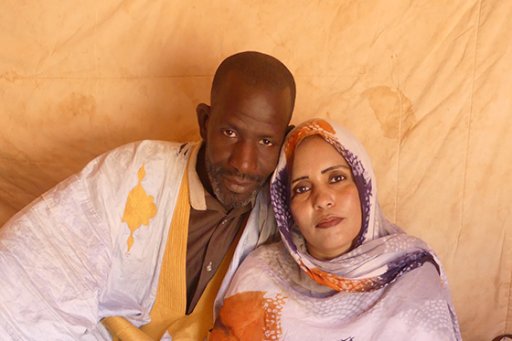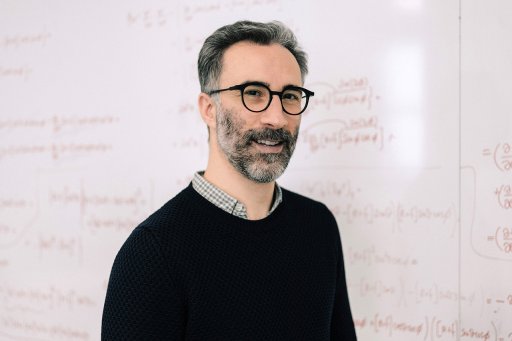True to its original mission,Avenir Commun Durable has been funding research programs at the Collège de France for several years now. Launched by several of the institution's professors, the initiative brings together researchers from a wide range of disciplines to provide scientific answers to the challenges of climate change. In 2025, the initiative has decided to support two ambitious projects. One of these is PlastMicroBact.
Plastic, long appreciated for its versatility, lightness, modest cost and innovative properties, has transformed the way humans consume worldwide, with a consequent impact in certain areas, such as health, transport, industrial production or food. At several hundred million tonnes a year, plastic is the third most produced material in the world, and production could double by 2050. However, its overproduction and overconsumption have already caused massive pollution. Billions of tonnes of plastic have been buried underground, and millions more have been dumped into rivers and oceans, seriously disrupting ecosystems. As plastic degrades, it is transformed into micro-particles which carry with them two major contaminants : additives (chemical substances deliberately added to plastic during manufacture) and living matter (bacteria, viruses, biomolecules) absorbed from the environment through which it passes.
Scientific studies have shown that humans ingest tens of thousands of microparticles every year, whether through contaminated food, water or air. While the deleterious effects of this ingestion are beginning to attract public attention, understanding its consequences is still in its infancy.
The research program will focus in particular on the adhesion of pathogenic bacteria to plastic microparticles and their ability to form large communities of millions of bacteria. Bacteria thus appear to be able to accumulate in environments polluted by microplastics, which would then serve as vectors for human infection. Researchers will be focusing on the Enterobacteriaceae family (Escherichia coli, Shigella, Salmonella or Klebsiella), which colonize the digestive tract and are responsible for acute or chronic infections, notably in patients suffering from Crohn's disease, where they promote inflammation.
The project is led by Olivier Espéli, deputy director of the CIRB at Collège de France, François Blanquart, CIRB research fellow, and Laurent Moulin, head of the Eau de Paris R&D laboratory.
The Avenir Commun Durable initiative is supported by the Collège de France Foundation, its major sponsors La Fondation Covéa and TotalEnergies, and its patrons FORVIA and Saint-Gobain.

